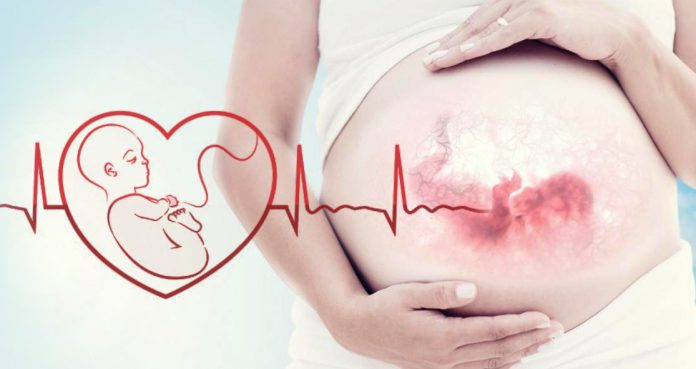Fetuses are vulnerable to a defective cardiovascular system if pregnant women are exposed to polluted air, according to a study. Exposure to air polluted with microscopic materials early in the pregnancy significantly affects the fetal heart development, particularly the main artery and the umbilical vein.
The study found that a single in the third trimester could constrict blood vessels and restrict the blood flow between the mother and the fetus, resulting in further complications throughout the child’s adulthood. Late exposures impact the fetal size because the blood flow is restricted from the mother to the fetus, eventually restricting the nutrition in the final stages.
Phoebe Stapleton, Assistant Professor at Rutgers University, said, “Pregnant women should also consider monitoring their indoor air quality.” What a mother inhales foul air, her circulatory system is affected, causing the poor blood supply to the unborn as it grows.
The professor said, “These findings suggest that pregnant women, women of child-bearing age and those undergoing fertility treatments should avoid areas with high air pollution or stay indoors on high-smog days.”
Exposure to polluted air constricts the blood vessels and restricts the blood flow to the uterus, depriving the fetus of oxygen and essential nutrients, which eventually results in delayed fetal growth and development.
Stapleton explained that air pollution is also responsible for causing common pregnancy complications – such as intrauterine growth restriction.
The study was conducted to look at the effects on the circulatory systems of pregnant rats’ fetuses post-exposure to titanium dioxide aerosols, which is a surrogate for particles found in typical air pollution, during all the trimesters. They were compared with the pregnant rats that were exposed to filtered air.
The findings were published in the Journal of Cardiovascular Toxicology. The researchers found that in non-pregnant rats, even a single exposure to nanoparticles found in the air pollution impaired the function of the blood vessels present in the uterus.























